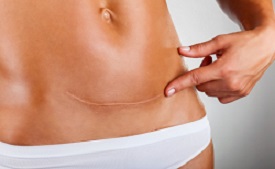Reconstructive Surgery for Scars and Tumor Removal

Plastic surgery isn’t always performed for cosmetic reasons. Reconstructive surgery is a type of plastic surgery that’s performed to either improve the functioning of one area of the body, such as septoplasty to improve breathing, or that’s performed to restore a more traditional appearance to an area after an injury or illness. Like cosmetic surgery, reconstructive surgery can do a lot to improve a person’s self-esteem and increase his or her self-confidence. As an added benefit, some insurance companies are willing to cover reconstructive procedures.
Tumor Removal and Repair
If you have skin cancer, whether it is a banal cell carcinoma or melanoma, part of treating it involves removing the tumor. Often, the visible part of the tumor is only just part of it. In many cases, there is a sufficient amount of cancer below the surface of the skin. The goal is to remove all of the cancer, not just the visible portion. That means that a surgeon needs to remove a deep or large lesion from and below the surface of the skin.
In many cases, the removal of the tumor leaves a deep wound on the skin. Reconstructive surgery can cover and conceal the wound, restoring your appearance to the way it was before the diagnosis of skin cancer.
One method commonly used by surgeons to repair wounds from tumor removal is a flap technique. The surgeon takes a piece of healthy skin that is adjacent to the wounded area and places it over the wound. The flap is stitched up along the natural crease of the area to make it as inconspicuous as possible.
Another option for reconstructive surgery after skin cancer removal is a skin graft. During a grafting procedure, skin is taken from one area of the body and placed over the wounded area.
Scar Revision
Scar repair varies based on the type of scarring a person has. For example, some types of scars can be treated with chemical peels or fillers and do not require surgery. But, deeper scars or keloid scars might require further surgery to remove or conceal them. If the scarring is caused by severe burns, the surgeon can perform a skin graft, transferring healthy skin from one area of the body to the scarred area.
A keloid scar forms when extra tissue continues to grow in the area of the scar. While some keloids don’t bother patients, others can be uncomfortable or itchy. It’s also possible for a keloid to grow large enough to interfere with a patient’s everyday life.
Trauma
A patient might need reconstructive surgery if trauma to the face or other area of the body has caused sufficient injuries. For example, a person might require a rhinoplasty to repair a nose that has been damaged in a car accident or broken in a fight. Injury to the nose can affect a person’s oxygen intake, making it difficult to breathe through the nasal passages. A broken nose might also not heal fully, leaving a noticeable bump or other aberration that can be repaired with surgery.
Cleft Palate
Cleft palates and cleft lips are the most common birth defects in North America, according to the American Society of Plastic Surgeons. The defects not only affect a child’s appearance, they also make it more difficult for the child to breathe and eat. Surgery can repair the cleft lip or palate and restore functionality to the area. The surgery also improves the child’s physical appearance.
The goal of reconstructive surgery to repair a cleft lip or palate is to bring the two separated sides of the lip or palate together. The tissue is brought together, then stitched in place. Since the surgery is often performed when a child is very young and still growing, following up with the surgeon is recommended throughout childhood and into adolescence. The child may need another surgery as he or she gets older.
Dr. Kyle Choe, a board certified facial plastic surgeon in Virginia Beach, has performed a number of reconstructive surgeries on patients, repairing scar tissue and skin cancer tissue damage. Find out more about your options for reconstruction by contacting his office for an appointment. Call The Choe Center today at 757.389.5850.
